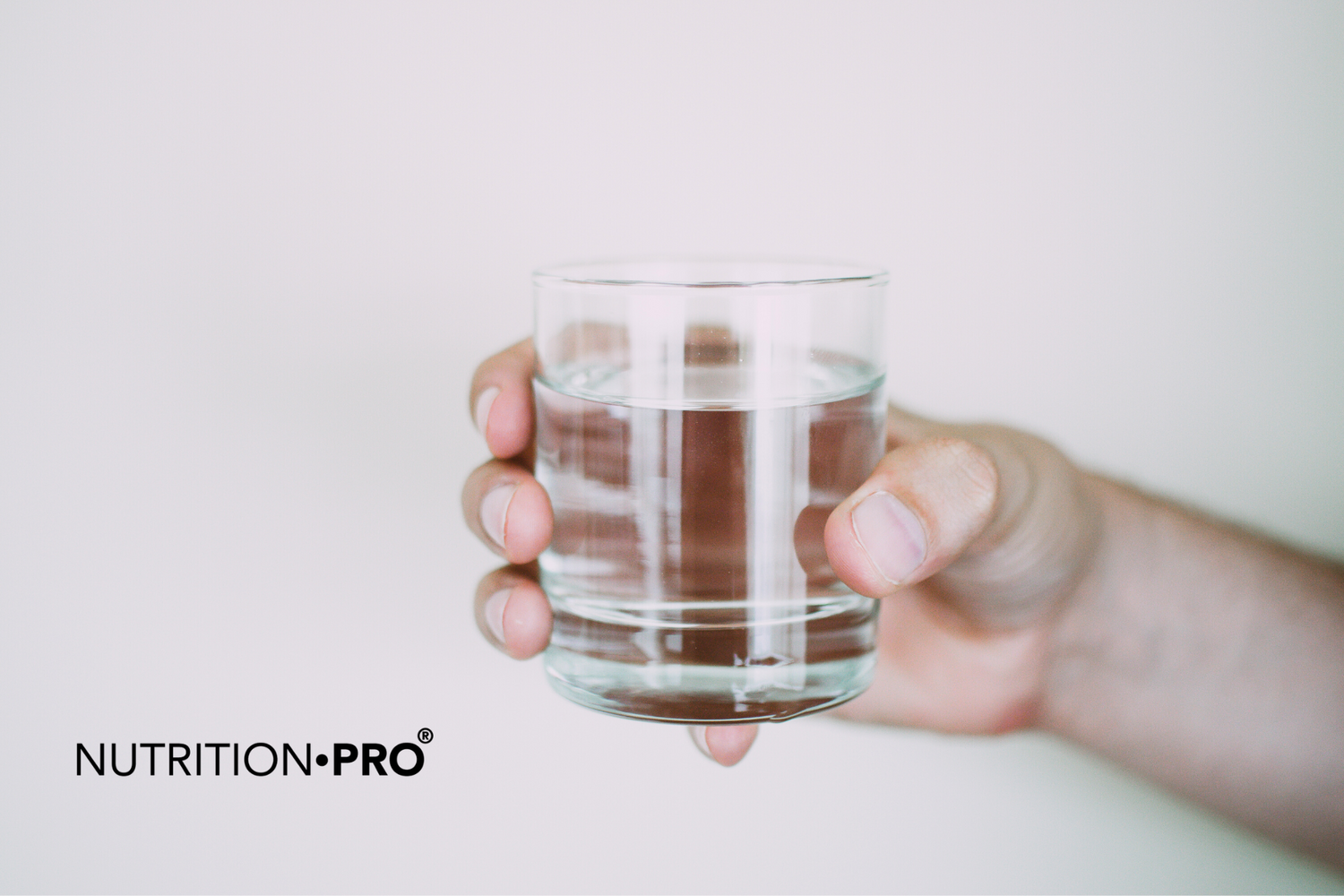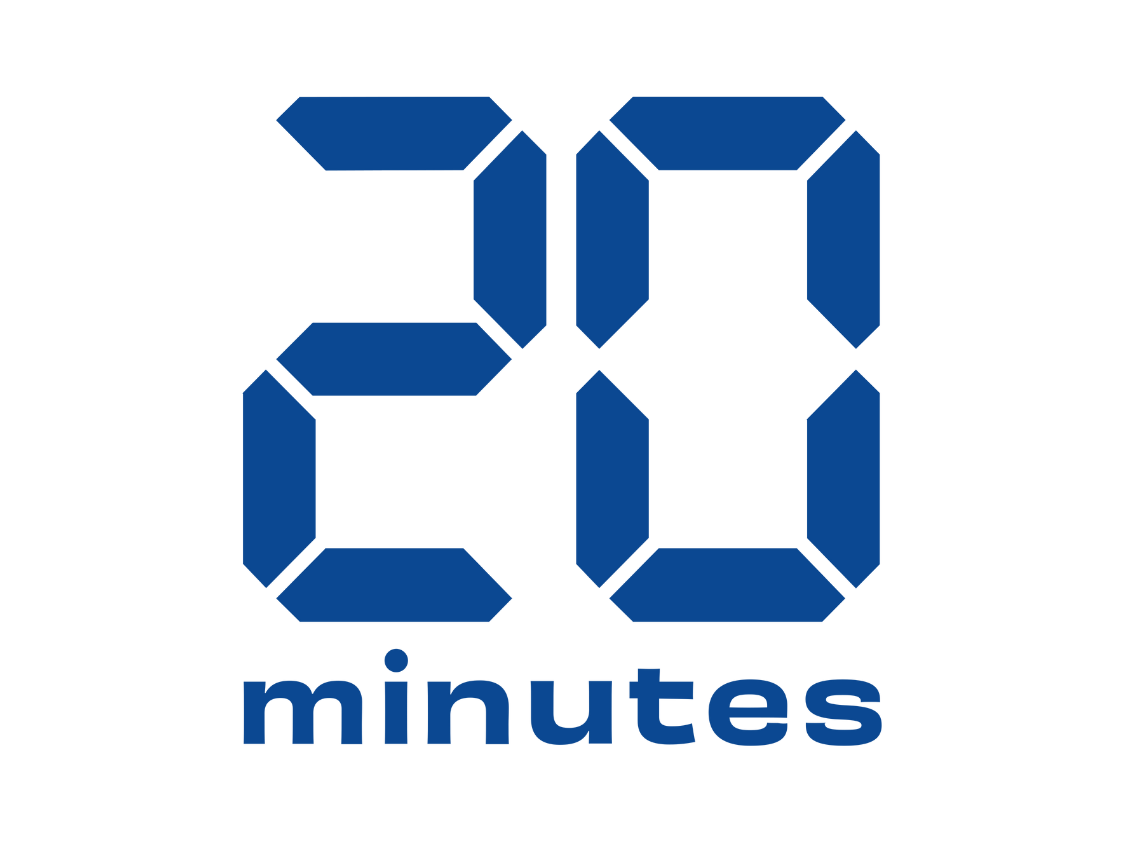Fasting, a method of restricting food intake practiced for thousands of years.
Water fasting is a type of fasting that involves restricting all food except water for a set amount of time. It has become increasingly popular in recent years as a technique for losing weight quickly .
Several studies have shown that water fasting can have beneficial effects on health. For example, this practice can reduce the risk of certain chronic diseases and stimulate autophagy, a process that helps your body break down and recycle old parts of your cells.
However, the studies done on people on water fasting are very limited. What's more , it has many health risks and is not suitable for everyone.
In this article, we will give you an overview of water fasting and its process, as well as its benefits and dangers.
What is water fasting?
Water fasting, more commonly known as water fasting, is a type of fast during which you can only consume water .
Most water fasts last 24 to 72 hours. You should not practice a water fast for longer without medical supervision.
Some reasons why people test and practice water fasting:
- Religious or spiritual beliefs
- Losing weight
- For the "detox"
- For its health benefits
- Preparing for a medical intervention
Several studies have found a link between water fasting and some impressive health benefits, including a lower risk of developing certain cancers, heart disease, and diabetes.
This fast may also promote autophagy, a process in which your body recycles potentially dangerous old parts of your cells.
However, water fasting carries many risks and can be very dangerous if practiced for too long.
What is the ideal duration of water fasting?
There are no scientific guidelines on how to start a water fast.
If you have never fasted before, it would be beneficial to spend 3-4 days preparing your body for not eating.
You can do this by eating smaller portions at each meal or by fasting for part of the day.
If in doubt, please consult your doctor.
Fast (24 to 72 hours)
During a water fast, you should therefore not eat or drink anything other than water for a period of 24 to 72 hours.
Most people drink two to three liters of water a day while fasting.
Post-fast (1 to 3 days)
After the water fast, you should resist the urge to eat a large meal.
Indeed, a heavy meal after a fast can cause unpleasant symptoms.
Instead, break your fast with a smoothie or a small meal. You can reintroduce a larger meal when you feel more comfortable.
The post-fasting phase is particularly important, especially when the fasting period is long.
Indeed, you can potentially risk triggering the syndrome improper refeeding , a life-threatening condition in which the body experiences rapid changes in fluid and electrolyte levels .
This phase lasts approximately one day, but people who fast for 3 or more days may need at least 3 days before they feel comfortable eating larger meals.
What are the benefits of water fasting?
The various studies on humans and animals have shown that water fasting has various health benefits:
- May promote autophagy
- May contribute to weight loss
- May help lower blood pressure
- May improve insulin and leptin sensitivity
- May reduce the risk of several chronic diseases
What are the disadvantages of water fasting?
While water fasting may hold some benefits, it also comes with health risks:
- May lose the wrong kind of weight
- May have orthostatic hypotension
- May aggravate several medical conditions
Water fasting can make you prone to muscle loss, dehydration, blood pressure changes, and a variety of other health issues.
Is this method effective for weight loss?
Like other types of fasting, water fasting can help you lose weight.
A water fast can help you lose weight, but other types of fasting like intermittent fasting can give you the benefits of fasting and weight loss with less risk.
In conclusion
Water fasting is a popular fasting method that may have some health benefits.
However, most of the health benefits of water fasting have been seen in animal studies, and the same effects might not apply to humans.
Water fasting also comes with several risks, especially if you are fasting for more than 3 days or have health conditions like gout or diabetes.
If you want the health benefits of fasting, try safer methods like intermittent fasting or alternate-day fasting. These fasts allow you to eat food, which makes them easier to practice in the long run.















